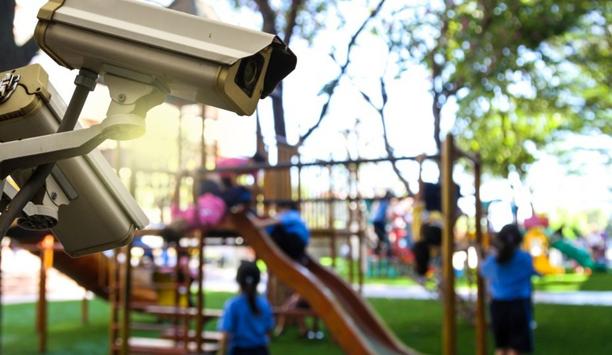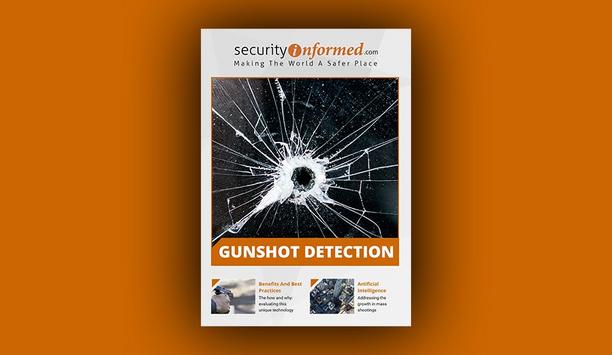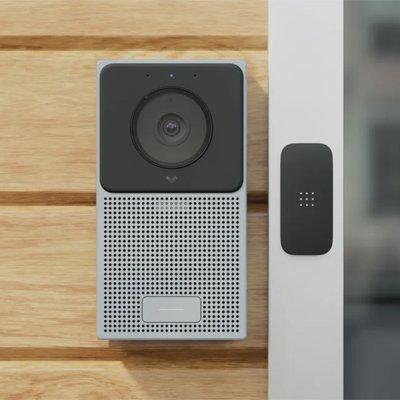 |
| The Police and Security Community Network, an online hub for information sharing will also be on display at the BSIA stand |
The Police and Security Group Initiative (PaS) is recently published the conclusions from its consultation conducted earlier this year. The consultation’s aims were to identify the Capabilities of the Private Security Industry that would be interested in working better with the Metropolitan Police; the effectiveness of existing structures; and the key barriers and enablers to successful collaboration. The PaS Group has analyzed the results, established a series of workgroups to address the key areas of opportunity, and is now looking for participants to help develop ideas and recommendations for change in this critical area.
Receiving 197 responses from a broad set of participants including those responsible for managing and providing security, as well as membership organizations and the Police, the consultation provides a broad view of the issues surrounding collaboration.
Improve Communications And Make Intelligence Sharing Easier
A closer look at the barriers and enablers to successful partnership working revealed that almost 30% of respondents cited communication and information sharing as key to making the collaboration between Police and Private Security more effective, while lack of trust and staff changes were highlighted as potential barriers to success. In terms of aspirations for PaS, there was a desire to improve communications and to make intelligence sharing easier, to improve attitudes and mutual understanding to encourage trust, and for training.
Results also highlighted the complexity of the current partnership landscape, with respondents identifying 71 relevant organizations currently involved in or representative of collaboration. Among these were the British Security Industry Association, The Security Institute, ASIS, CSARN and London First. The consultation also identified 24 different standards and accreditations, and over 20 training and skills courses and providers that were relevant to PaS collaboration.
Develop An Improved Collaboration Model
"This consultation has demonstrated a high level of interest and support for developing an improved collaboration model and provided some excellent data and ideas..." |
Looking ahead to how the consultation results will be used to inform the initiative’s future plans, PaS Project Lead, Geoff Zeidler, comments: “This consultation has demonstrated a high level of interest and support for developing an improved collaboration model and provided some excellent data and ideas from which all stakeholders with responsibility for the security of the public in London can build on.
“The opportunities are significant and the challenge will be to deliver a limited number of recommendations on how to use and enhance existing initiatives; but also focus resource and investment.
“PaS will do this by acting as a forum in which those who wish to work together to improve clarity, share best practice and develop and test ideas for better collaboration with the MPS can do so with the full support of the MPS and MOPAC.
Established The PaS Community Network
“We are proud to have already supported both the recent Smash & Grab Event which focused on best practice, and the Safer Spaces Accreditation, and established the PaS Community Network to assist in active engagement.”
Commander Simon Letchford, who is the lead for Business Crime at the MPS, said: “At a time we are all challenged to make the most of our resources, I believe that this is a critical initiative which is already making progress.”
To develop, PaS has established a structure which will involve three core workgroups under a central PaS committee, which leads the initiative and includes the BSIA, Security Industry Authority (SIA), Metropolitan Police Service, MOPAC, CSARN, London First and the Safer London Business Partnership.
The Information, Intelligence And Communications Workgroup
The Information, Intelligence and Communications workgroup will identify current systems and intelligence sources and make recommendations on how these can be used most effectively. The Standards, Training & Accreditations workgroup will seek to improve access and understanding of what has most relevance to collaboration as routes to building confidence and trust. Finally, an Effective Collaboration workgroup will establish and support a register of initiatives and capabilities in London; and promote and share best practice collaboration initiatives.
"Together, we hope that these can start to make the aspiration of a more effective collaboration between the Metropolitan Police and private security industry become concrete,..." |
Geoff Zeidler adds: “Together, we hope that these can start to make the aspiration of a more effective collaboration between the Metropolitan Police and private security industry become concrete, and both assist and ensure learning from improvements across the whole of the United Kingdom.”
Presentation On PaS In The Safe Cities Academy
Those interested in learning more have their first opportunity at IFSEC on Wednesday 17th June. There will be a presentation on PaS in the Safe Cities Academy at 11am, and a participation event with the existing team at the BSIA stand (B1350) at 14.30.
Individuals interested in receiving regular updates from the PaS initiative can register for the Police and Security Community Network, an online hub for information sharing and weekly updates which will also be on display at the BSIA stand at IFSEC.



















